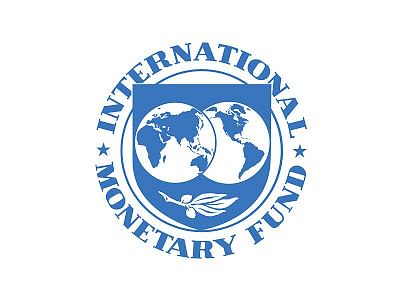
The International Monetary Fund on Monday approved new emergency aid for 28 of the world’s poorest countries to help them alleviate their debt and better cope with the impact of the coronavirus pandemic.
The announcement, which follows a similar measure passed in mid-April for 25 countries, is intended to help the countries cover their debt repayments to the IMF for the next six months and “free up scarce financial resources for vital emergency medical and other relief efforts” during the pandemic.
The 28 countries receiving the second tranche of aid are Afghanistan, Benin, Burkina Faso, Burundi, Central African Republic, Chad, Comoros, Democratic Republic of Congo, Djibouti, Ethiopia, Gambia, Guinea, Guinea-Bissau, Haiti, Liberia, Madagascar, Malawi, Mozambique, Nepal, Niger, Rwanda, Sao Tome and Principe, Sierra Leone, the Solomon Islands, Tajikistan, Tanzania, Togo and Yemen.
The debt relief is channeled through the Catastrophe Containment and Relief Trust (CCRT), which enables the IMF to provide grants to the poorest and most vulnerable countries hit by a natural disaster or public health crisis.
The IMF’s goal is to endow the CCRT with $1.4 billion so that it can also meet future needs.
To date, $506.5 million has been contributed by several countries, including the United Kingdom, Japan, Germany, the Netherlands, Switzerland, Norway, China, Mexico, Sweden, Bulgaria, Luxembourg and Malta.









